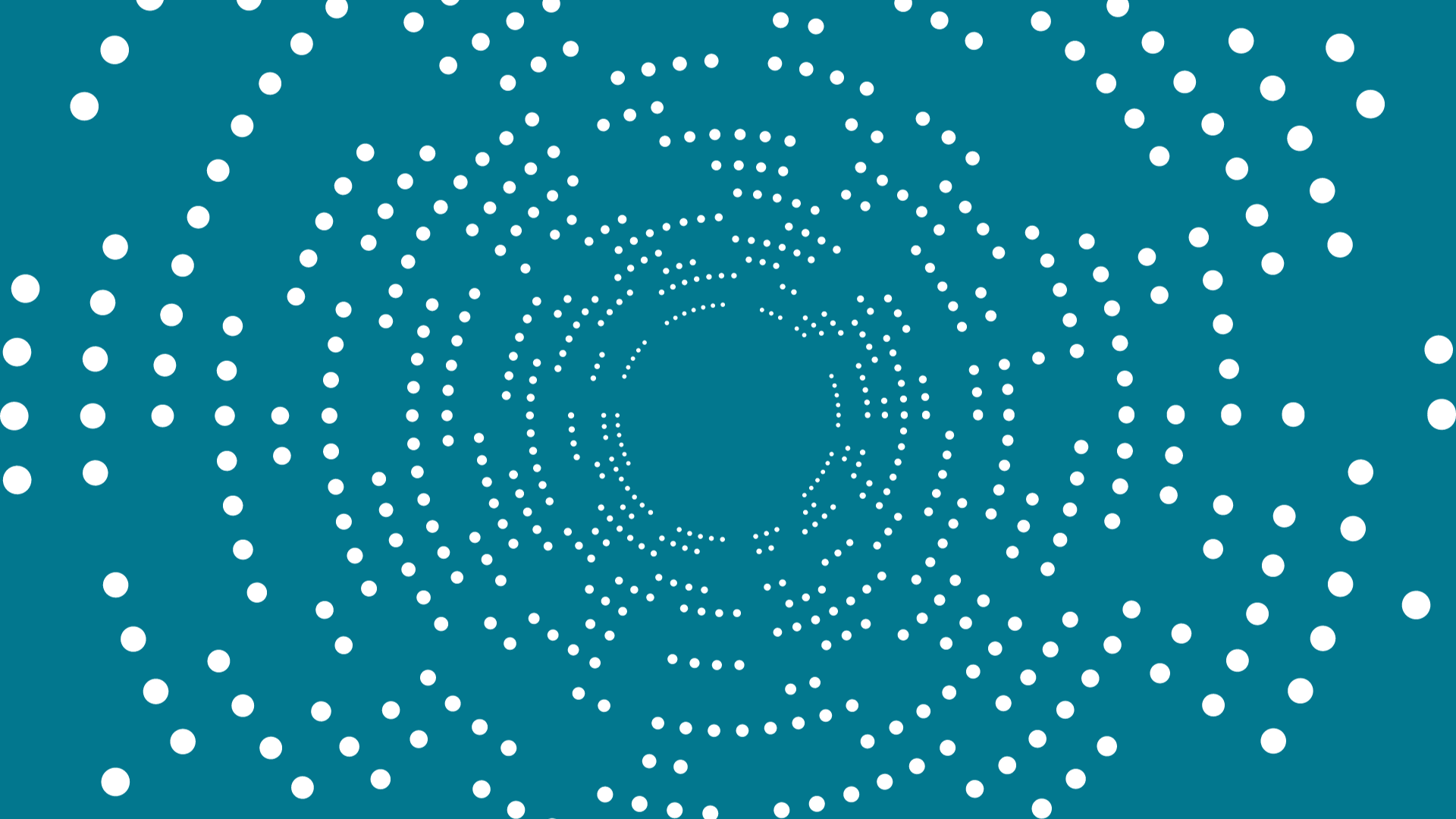Summary
December 2, 2024 | 11:30 AM – 2:30 PM ET
Presented by the Lyceum Society
Welcome and Introductions: 11:30 AM to 11:45 AM
Initial Presentation: 11:45 PM to 12:45 PM
The Nobel Prize in Chemistry 2024: Prediction and Design of Protein Structures
Philip W. Apruzzese
The 2024 Nobel Prize in Chemistry has been awarded to David Baker “for computational protein design” and to Demis Hassabis and John M. Jumper “for protein structure prediction”.
David Baker has succeeded with the almost impossible feat of building entirely new kinds of proteins. Demis Hassabis and John Jumper have developed an AI model to solve a 50-year-old problem: predicting proteins’ complex structures.
These discoveries hold enormous potential. Proteins are life’s essential building blocks, nature’s most ingenious molecular machines and the basis of all living organisms. The diversity of life testifies to proteins’ amazing capacity as chemical tools. They control and drive all the chemical reactions that together are the basis of life. Proteins also function as hormones, signal substances, antibodies and the building blocks of different tissues.
The 2024 Nobel Prize in Chemistry award spans almost 20 years between an academic/research institute discovery and its application to further discovery, development and application via an Artificial Intelligence system and tool.
Main Presentation: 12:45 PM to 2:30 PM
Human Origins
Peter Smith
The basic questions of who are we, where did we come from, and where are we going, are fascinating to all of us. And what caused us to leave Africa 50,000 years ago to conquer the world? How did we get to the Americas and Australia? What is our future with the challenges of overpopulation, climate change, and powerful tools layered on top of our primitive instincts and aggression? As E.O. Wilson put it, we have paleolithic emotions, medieval institutions, and god-like technologies. Can we survive another 50,000 years as a flawed but smart species?
Speakers
Dr. Peter Smith graduated in polymer chemist from Aberdeen University in Scotland a long time ago. He became a project and systems manager in the pharmaceutical industry before retirement. Along with this, he has been studying and teaching human evolution for many years.
Philip W. Apruzzese (BE Chem. E., MS Technology Mgmt., CHMM) graduated from Stevens Institute of Technology, Hoboken, N.J. He was employed in the pharmaceutical industry (Squibb, Beecham, Schering-Plough) for nearly 40 years, holding manufacturing operations, project, research pilot plant startup, and environmental compliance management positions. From 2010 to 2019 he was employed part-time as a Chem Eng/Environmental, health and safety consultant in addition to working seasonally as a Level C Official for USA Cycling racing events.
Since relocating to the Seattle area he has begun volunteer work with several non-profit community cycling/Recycling resources and advocacy organizations. Additionally he volunteers online with the Summit Old Guard an organization for retired business and professional men.
In April, 2015, he spoke on Tour de France cycling performance enhancements – Post Lance/Post Drugs and in 2019 he presented on The Nobel Prize in Chemistry for the development of lithium ion batteries and in 2021 presented on The Nobel Prize in Chemistry for the development of asymmetric organocatalysis.
Pricing
All: Free
About the Series
The Lyceum Society is a collegial venue promoting fellowship, education, and discussion among retired members of NYAS. Learn more and explore other events hosted by the Lyceum Society.
Registration
Registration has closed.
